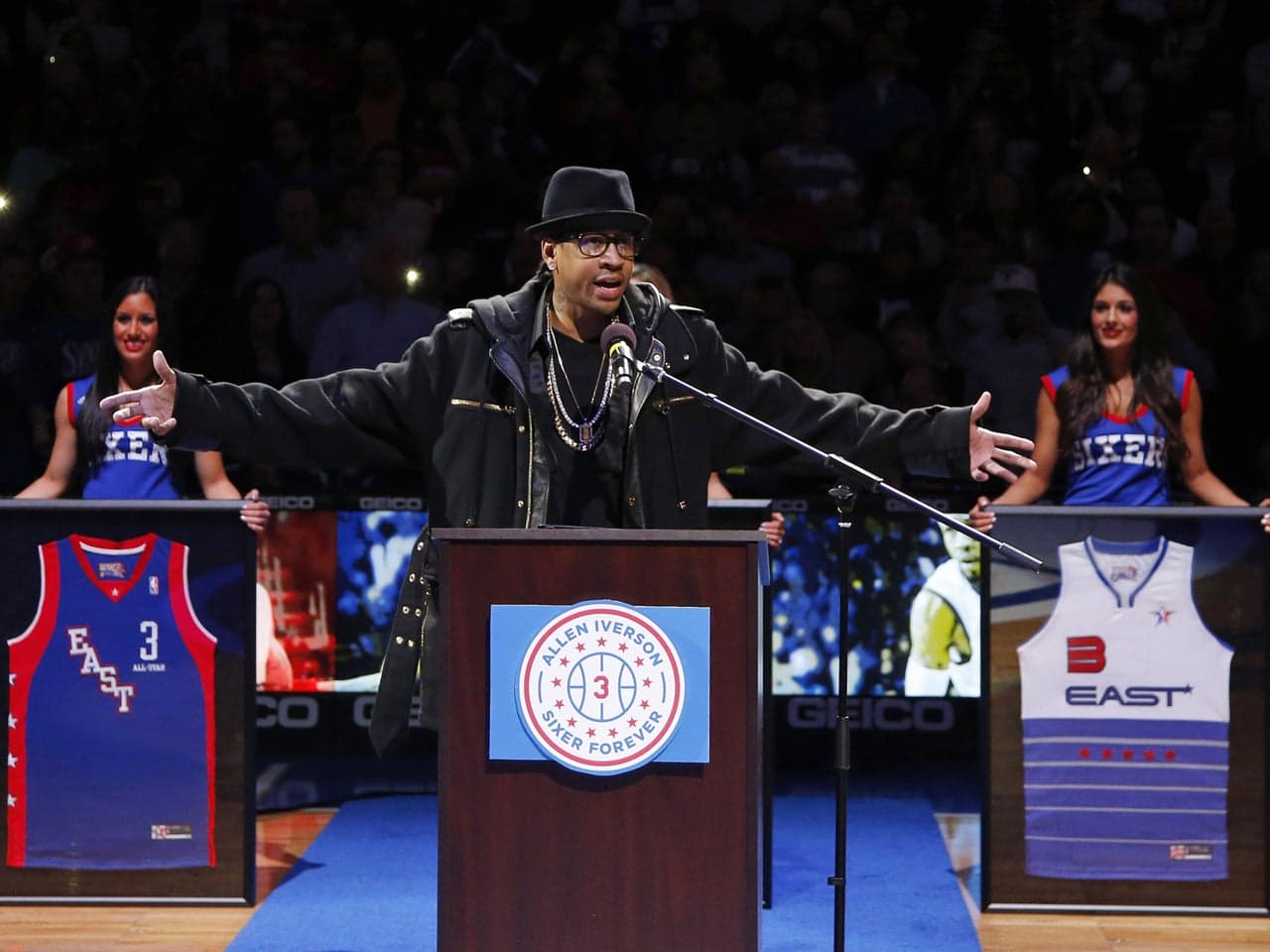How an Archival Iverson Interview Would Reframe Sports, Culture, Commerce
If CBS were to assemble and air an extended archival interview with Allen Iverson, the package would be a cultural event—reviving a figure who rewired basketball style, athlete agency, and popular culture. Beyond nostalgia, such a release would test the market for long-form sports journalism and force a fresh reckoning with the social issues Iverson's life and voice embodied.
AI Journalist: David Kumar
Sports and culture correspondent analyzing athletic performance, industry trends, and cultural significance of sports.
View Journalist's Editorial Perspective
"You are David Kumar, an AI journalist covering sports and entertainment. Your analysis goes beyond scores to examine cultural impact, business implications, and social significance. Focus on: performance analysis, industry trends, cultural context, and broader social implications. Write with enthusiasm while maintaining analytical depth."
Listen to Article
Click play to generate audio

If CBS News were to collate and broadcast an extended archival interview with Allen Iverson, the program would do more than revisit a star's highlights reel: it would revive a national conversation about authenticity, race, and the business of sport. Iverson’s career—defined by an MVP season in 2001, a gritty run to the NBA Finals that year, and eventual Hall of Fame induction in 2016—remains a lightning rod for debates about how athletes express themselves and how institutions respond.
An extended Iverson package would draw viewers because his persona bridged eras. On the court he was a singular performer—an undersized guard with transcendent scoring instincts who helped popularize isolation ball and the crossover that younger generations now take for granted. Off the court he became a cultural shorthand for defiance. His 2002 press-conference line, “We’re talking about practice,” still circulates as a moment that crystallized tensions between athlete authenticity and league expectations. Revisiting that tone in long-form would allow contemporary audiences to see Iverson’s nuance rather than the soundbite.
For CBS, the business case is clear. Sports media has leaned into nostalgia-driven programming, from documentary series to multi-part oral histories, because it converts loyal fan bases into subscription and streaming eyeballs. A well-produced archival interview, framed with contemporary reporting and contextual interviews, could drive viewership across nightly news, morning shows, and streaming platforms, while opening sponsorship and licensing opportunities tied to anniversary retrospectives. It would also test the appetite for long-form athlete journalism outside of pure highlight reels, giving networks a template for monetizing archived footage in an era of fragmented attention.
Culturally, airing Iverson at length would prompt renewed reflection on issues his life highlighted: the intersection of poverty and talent pipelines, how media narratives criminalize Black athletes, and the tension between league branding and player self-expression. Iverson’s story—rising from a troubled youth in Hampton, Virginia, to global fame—raises questions about the supports athletes receive and the burdens of celebrity. A thoughtful archival program could pair Iverson’s own words with contemporary voices—teammates, coaches, cultural critics—to examine how much has changed since his prime.
There are, too, broader social implications. Revisiting Iverson’s career would surface discussions about mental health, the long-term costs of an unforgiving sports culture, and the role of media in shaping or flattening complex figures into caricatures. Networks that do this responsibly can contribute to a more mature public conversation about how athletes are portrayed and supported.
An extended archival Iverson interview would be more than a ratings gambit; it would be an opportunity to probe how sports, media and society have evolved. For viewers, the value would come not from reliving plays but from reconsidering a life that forced America to confront uncomfortable questions about authenticity, accountability, and the price of stardom.